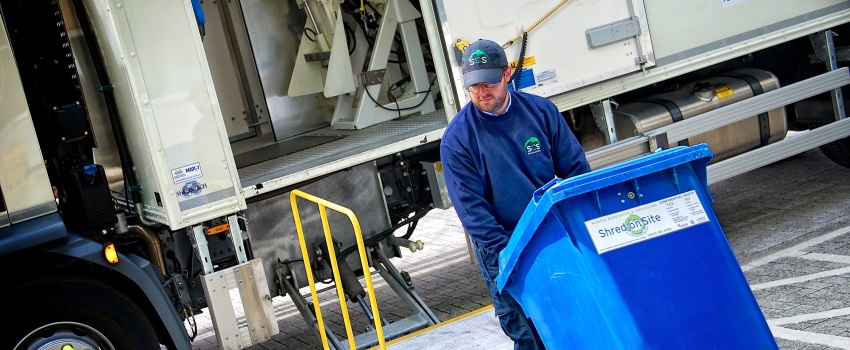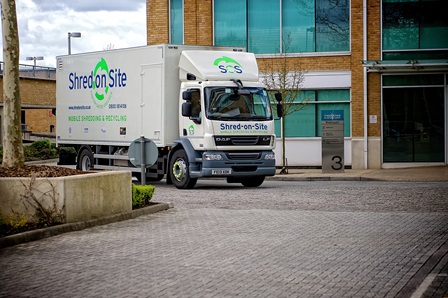The importance of shredding medical records
Privacy is a legal right - and one that has been enshrined into law many times. As a result, any documents that contain sensitive and confidential information must be treated with extreme care. Medical records are probably one of the most obviously vulnerable types of document because they are filled with personal, sensitive information that would be a breach of privacy if it fell into the wrong hands.
Why is it so important to shred medical records?
- To protect patient confidentiality. If you are handling any type of medical record, whether that is diagnostic, treatment or care information or documents that contain data about donations or examination, this should be treated with the utmost care. That’s especially so at the end of the document life cycle. The only way to ensure that this data remains private and confidential is to shred the document when it is no longer required.
- To ensure compliance. There are some fairly severe penalties today for any organisation that doesn’t prioritise data protection. Whether that’s the fines that can be handed out under the GDPR or damage to reputation that can ensue from an organisation that doesn't keep patient data safe, there are many reasons to shred medical records to ensure legal minimums are being met.
- Creating more space. Given the lifespan of patients, medical records can build up in their thousands over the years, and if these are kept as paper documents, they can take up a lot of space. By confidentially shredding medical records that are either being digitised or are no longer required, you’re creating more space on the premises for essential storage or equipment.
- Improving care delivered. If your organisation is committed to shredding medical records but currently doing this in-house, then it could be having a negative impact on the standard of care. That’s because staff time is taken up on this menial job when it could be used to add more value elsewhere. So, it’s not only important to ensure that medical records are being shredded but that this is being handled by an external provider able to take the pressure off internal staff to do it.
- Protecting against identity theft. The issue of identity theft is a big problem today, as a stolen identity can be used to gain all sorts of access, including to medication that someone is not entitled to. The only way to comprehensively protect patients against identity theft is to shred their medical records when they are no longer relevant.
- Minimising the potential for a security breach. Regular document disposal can leave a lot of room for error and mistakes in terms of how documents are being disposed of. Confidential information can simply be left lying around, vulnerable to anyone who might have less than positive intentions for it. An organised system of shredding will ensure that this cannot happen.
Medical records are highly confidential, and it’s vital to make sure that they remain so. The best way to ensure this is by shredding medical records as soon as they are no longer required.
Get in touch with us today to request a quote for all your shredding needs, whether that’s a one-off service or setting up a regular service. Why not try our online tool.







